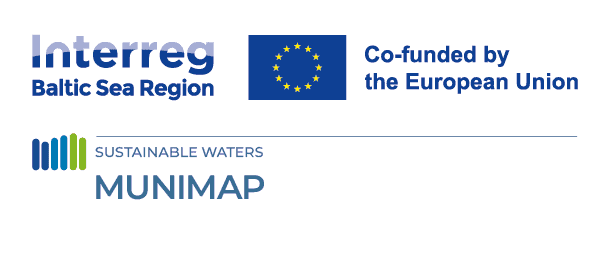Kiel Munition Clearance Week 2025
Project: MUNIMAP
Physical Meeting
17. - 20. June 2025

Historical contamination of the Baltic Sea and Skagerrak by both chemical and conventional dumped munitions remains a serious threat to the marine ecosystem and a hindrance to offshore economy.
Authorities responsible for the management of marine areas are facing many obstacles when it comes to remediation of these munitions. Not only are they operating in an unclear legal environment and frequently have neither resources, nor official mandate to deal with the problem, but there are also many uncertainties about how to tackle the problem in practical terms without harming people and environment. Although the last decade has seen a lot of work in the Baltic Sea Region on this topic, much to the credit of former INTERREG projects such as CHEMSEA or DAIMON, the national debates in the member states are on very different stages of advancement.
MUNIMAP will activate, speed up and coordinate these national processes by setting up a modular, adaptable roadmap towards Baltic Sea munitions remediation. The different elements of this roadmap such as policy recommendations, IT solutions for site prioritization, monitoring strategy and innovative, cost-efficient and environmentally friendly remediation methods will be developed and evaluated together with their user groups.
The MUNIMAP pilot activities will showcase multiple stages of the remediation process, starting with locating and identifying the munitions, via risk assessment, site prioritization, remediation and monitoring, utilization and evaluation of results.
Project: MUNIMAP
Physical Meeting
17. - 20. June 2025
Project: MUNIMAP
Physical Meeting
11. June 2025
Project: MUNIMAP
Physical Meeting
11. - 13. June 2024
Project: MUNIMAP
Physical Meeting
20. - 22. February 2024